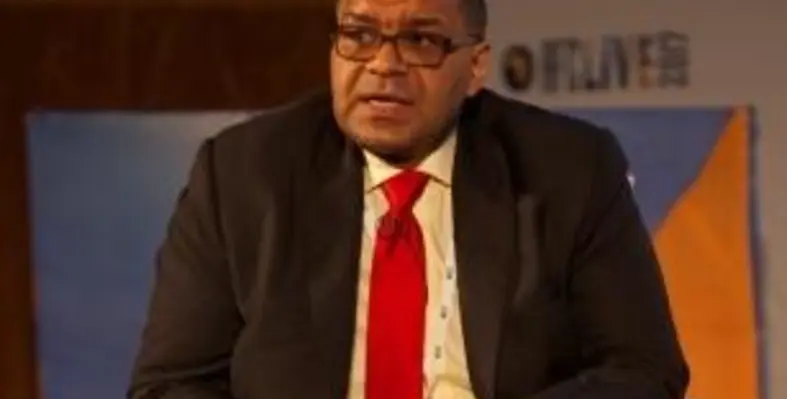There was something of a shadow overhanging the Africa Finance Corporation’s (AFC) ‘Africa Live 2017’ infrastructure summit
That shadow was the absence of Nigeria’s Head of State, Muhammadu Buhari, who had travelled to London for medical treatment. Nevertheless, the summit could look back on a decade of progress in developing African infrastructure, pioneering infrastructure investment and project development, over which it has invested approximately US$4bn across 30 African countries.
They have invested in over 26 projects across 30 countries with a trio of services – project development; financial advisory; and principal investing.
The timing of the two-day summit had a certain element of serendipity about it. AFC Live 2017 opened a day after China’s President Xi Jinping pledged a massive US$215bn to his country’s Belt and Road initiative.
This is a global infrastructure plan that, despite the geographic challenges, includes a focus on East Africa’s Indian Ocean littoral as a gateway for China to boost continental trade links.
Andrew Alli, the president and chief executive of AFC who opened the AFC Live summit, commented on the importance of project development expertise in African infrastructure investment.
Alli told the 700 assembled delegates, “The earliest stage of conception and development of any project is crucial. Private capital will not come to invest in African infrastructure if projects are not sustainable and bankable. “By focusing on supporting project development and using our local knowledge and sector expertise to identify and mitigate risks, we can help accelerate the number of viable, bankable projects across the continent, creating the market for other forms of capital to follow, and ultimately bridge the investments divide that currently exists.”
That investments divide the AFC president referred to is generally quantified as being around US$50bn a year. The International Monetary Fund estimates Africa requires a US$100bn investment in infrastructure each year for 10 years to keep pace with the continent’s current growth, but is only able to mobilise US$50bn. Hence, there is a distinct conundrum as the lack of reliable and sustainable infrastructure stunts Africa’s economic growth, but the continent needs future prosperity, economic stability and economic growth to fund its infrastructure.
There are many types of infrastructure sectors ranging from information communication technology to power generation and transmission; roads, rail, ports and airports to water and sanitation – but they all have one thing in common in being pivotal to both economic progress and social cohesion, At the AFC Live 2017 Forum, a recurring theme of the discussions was the nexus between the public and private sector.
While infrastructure investment in Africa has the potential to be highly profitable, with returns generally significantly higher than in developed countries, there are challenges. It may seem counter-intuitive, but one challenge is the increasing adoption of multi-party democracy by African states that leads to shifts in infrastructure policies and priorities as one government succeeds another. That is not to say that infrastructure developers like the AFC would prefer to deal with autocrats or dictators, but political cycles are certainly a factor when long-term projects are being proposed.
Furthermore, the AFC is committed to ensuring that the investments it makes are socially and environmentally sustainable; respectful of the rights of affected communities; and structured and operated in compliance with best international practice. Another significant factor that confronts infrastructure developers in collaborating with the public sector – explained Oliver Andrews, the AFC’s chief investment officer – is that the public sector is not a single body. Rather, infrastructure developers are obliged to reach agreements with various ministries – finance, environment, labour, power, treasury and others – who might quite possibly have differing agendas and priorities.
But since the AFC’s foundation in 2007, and its first equity investment in the Main One sub-sea cable, the AFC has moved steadily forward with its mission to provide project development expertise and risk capital to fill Africa’s critical infrastructure void.
The near term strategy is to become a US$5bn corporation within two years, focusing on those projects that it identifies will make the biggest contribution to driving economic and social development, and to job creation in the local communities.
With the major accountancy firm, PricewaterhouseCoopers projected Africa’s infrastructure spending reaching $US180bn a year by 2025, the AFC’s funding and project development experience and expertise have never been more important or needed.
As Andrew Alli, AFC’s president and chief executive states, “We are demonstrating that by taking an Africa-centric approach, by innovating and remaining committed to core principles, you can invest in African infrastructure sustainably, and the AFC is focused on continuing to accelerate growth over the coming years"












